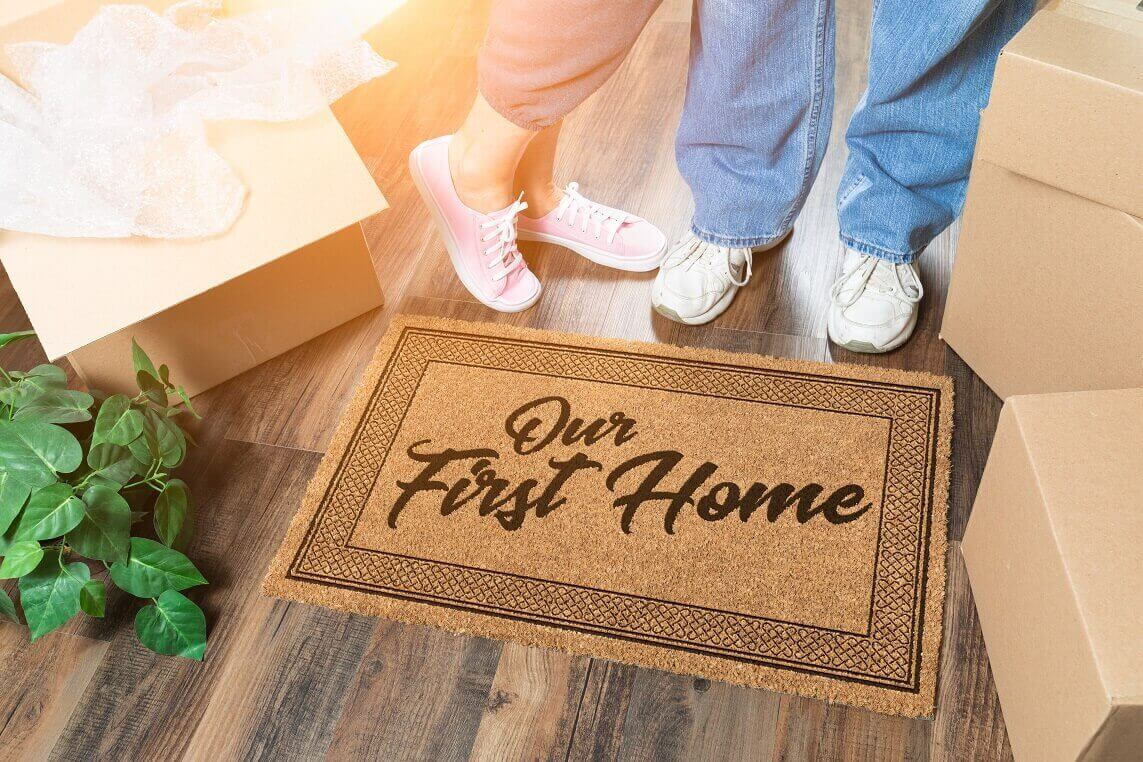
When getting ready to purchase your first home, remember to budget for the following necessary costs that are easy to forget!
Building & pest inspections
Building and pest inspections are an absolute must before signing a contract of sale but will set you back between $400 and $1500. Make sure you engage a registered building practitioner to conduct these reports, by visiting the Victorian Building Authority (VBA). Check if your provider provides full indemnity insurance if any faults in the property are missed,
A building report is a small price to pay compared with the cost of unforeseen or extensive repairs, or the removal of unapproved structures if required by the local council. A report should include a list of faults, whether they can be repaired, the likely cost of repairs and any unauthorised structures on the property (such as sheds, gazebos, carports, decks and levels). A qualified building inspector should be able to recognise attempts to cosmetically cover up faults in the property.
The report can be helpful when negotiating a purchase price of the property, budgeting for essential repairs, or creating a plan to carry out ongoing maintenance.
Unless you are purchasing a new build or off-the-plan apartment, a pest inspection is also recommended to see if there are any risks of structural issues caused by termites or similar. Damage to wooden stumps of a house by termites could result in tens of thousands of dollars to restump. A Pest inspection will also provide suggested measures to reduce your risk of damage by, for example, moving garden beds or woodpiles further away from the house.
Read here for more details in choosing the best off-the-plan apartment.
Home and Contents Insurance
Setting you back $1,000 – $2,000, Home and contents insurance covers the cost of repairing or rebuilding your property if the worst happens, legal costs if someone is injured on your property and the replacement of household items and personal belongings in the case of damage from a disaster or threat.
Make sure you research whether your property is in a designated bushfire or flood-prone area, as this could require an additional level of insurance or insurance product. You can see if you are considering a property in a bushfire-prone area on the Victorian Government planning Website.
Rates
On settlement day, you will likely need to pay a rates adjustment. For example, if the current owners of the property paid annual council rates in July, and you purchase the property in October, you will be reimbursing the owners for the value of the rates from the date of purchase until the following July. This could be several thousands of dollars, depending on the council and the timing.
You can research your council here. Your Conveyancer or solicitor will be able to tell you what the rate adjustment will be prior to settlement.
Conveyancing and legal fees
Conveyancing is the process of transferring real estate ownership and involves legal consideration of the contract, and the preparation and lodgement of various legal documents to finalise the sale. Conveyancing is carried out in three stages being, consideration/preparation of the sale contract, exchange of contracts and completion or settlement of the contract.
Conveyancing fees usually cost between $600 and $1400 in victoria, depending on whether you use a conveyancer or solicitor. It is important to engage a conveyancing service early, as the ‘cooling-off period’ between signing a contract and paying a deposit can be as little as three business days. Similarly, if you are purchasing at auction, you will need to have previously had the contract examined as if successful, you will be legally responsible for the property from that point.
Stamp duty
Thankfully, the most expensive hidden cost on this list is the one you will hopefully avoid as a first home buyer. Stamp duty (also known as land transfer duty or transaction duty) is a tax on property purchased paid by the buyer and based on the purchase price, location and sometimes, whether the property will be used as a primary residence or investment.
In Victoria, you may qualify for an exemption for stamp duty if the purchase price of your first home is less than $600,000. If you purchased your home for $600,000 to $750,000, you may qualify for a stamp duty concession. Remember to keep up to date with first home buyer concessions, exemptions and grants on the State Revenue Office website. A mortgage broker should also be able to discuss your options with you.